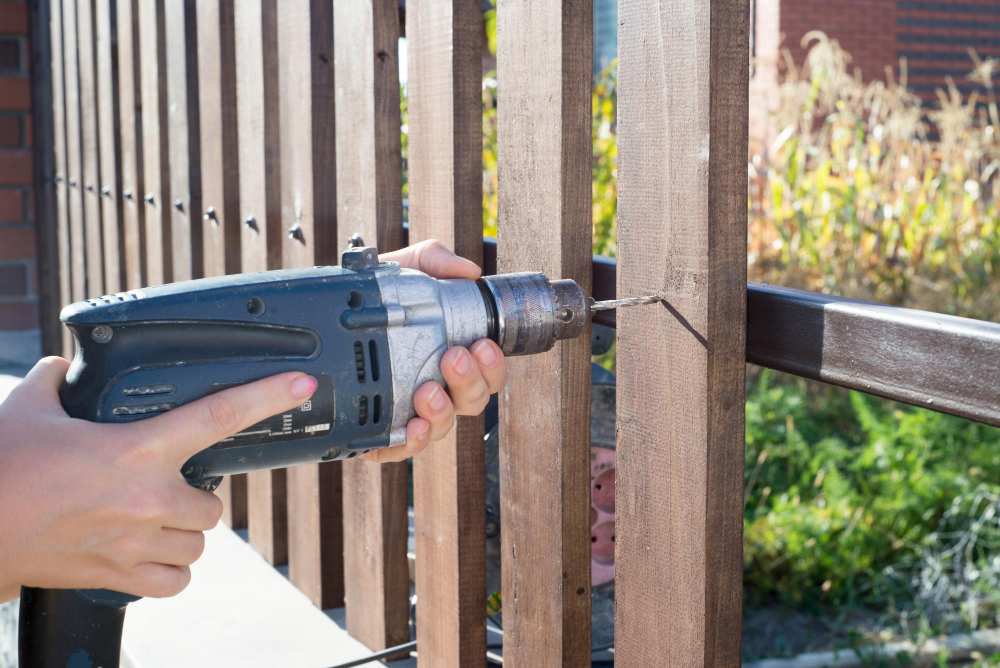Understanding Fencing Permits: A Guide for Homeowners and Contractors

Are you planning to install a fence on your property? Whether you're a homeowner or a contractor, there's an important step you need to take before breaking ground: obtaining a fencing permit. Fencing permits are required by most cities and municipalities to ensure that fences are installed safely and in compliance with local building codes. In this guide, we'll explain everything you need to know about fencing permits, including why they're necessary, how to obtain them, and what kind of fence projects typically require them.
1. Why are fencing permits necessary?
Fencing permits are necessary for several reasons. First, they ensure that fences are installed safely and securely, which is important for protecting both people and property. Second, they help ensure that fences are built in compliance with local zoning and building codes. This can include requirements for fence height, setback from property lines, and materials used. Finally, fencing permits help ensure that neighboring property owners are aware of the fence installation and have an opportunity to voice any concerns or objections before construction begins.
2. How do you obtain a fencing permit?
The process for obtaining a fencing permit can vary depending on your location, but generally involves submitting an application to your local building department or permitting office. The application may require detailed information about the proposed fence, such as its height, length, location, and materials used. You may also need to provide a site plan or survey showing the location of the fence in relation to your property lines and any nearby structures.
Once your application is submitted, it will be reviewed by the building department or other appropriate authorities. Depending on the complexity of the project and the workload of the department, the permit may be issued quickly or may take several weeks. Once the permit is issued, you'll be free to begin construction of your fence in compliance with the permit requirements.
3. What kinds of fence projects typically require permits?
The specific requirements for fencing permits can vary widely depending on your location, but generally, any project that involves the installation of a new fence or significant modification of an existing fence will require a permit. This can include projects such as:
- Installing a new fence around your property
- Replacing an existing fence with a different type of fence
- Raising the height of an existing fence
- Installing a fence closer to your property line than allowed by local zoning laws
- Installing a fence on a sloped or uneven surface
- Installing a fence that requires a building permit for other reasons (such as if the fence will support a deck or other structure)
4. What are the consequences of installing a fence without a permit?
Installing a fence without a permit can have serious consequences, both legally and financially. If your fence does not comply with local zoning and building codes, you may be required to remove the fence or make costly modifications to bring it into compliance. You may also face fines and other penalties for building without a permit. In addition, if your fence causes damage or injury to others, you may be held liable and could be required to pay damages or face legal action.
Conclusion
Obtaining a fencing permit may seem like an extra hurdle when you're planning your fence project, but it's an important step for protecting your property and ensuring compliance with local codes and regulations. By taking the time to obtain a permit, you can avoid costly mistakes, legal issues, and potential safety hazards. If you're planning a fence project and you're looking for fence contractors in Daytona Beach, FL, contact Byers Fence today to learn more about the permitting process and get a free quote for your project. Our experienced fence contractors will work with you to ensure that your fence is built safely and in compliance with local requirements.